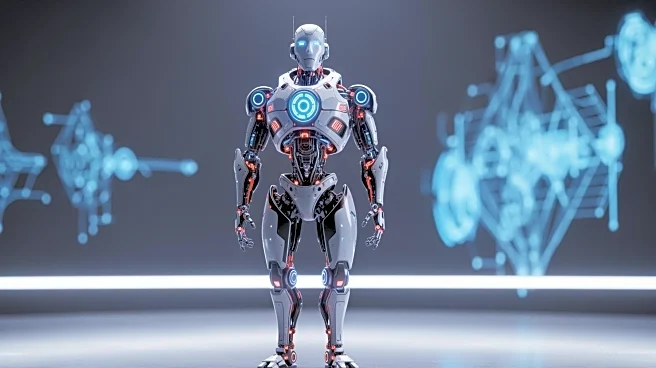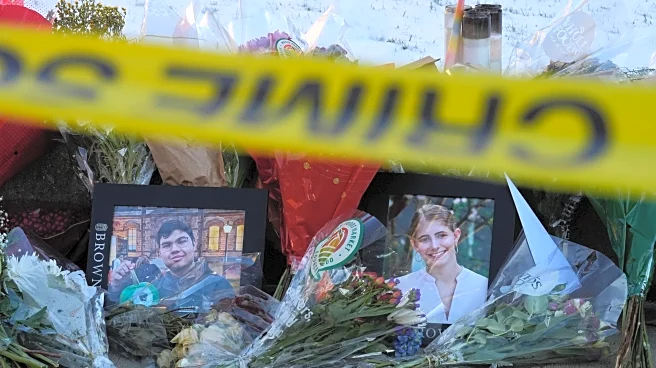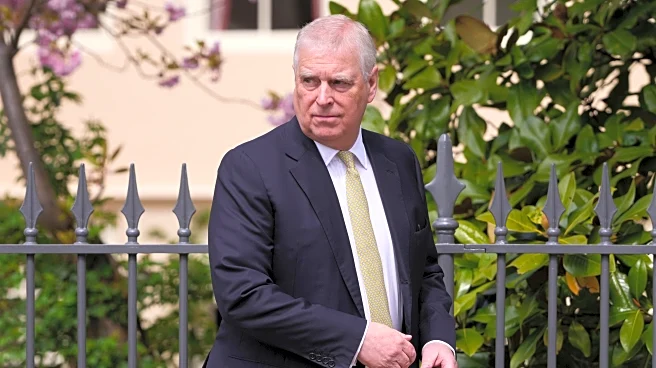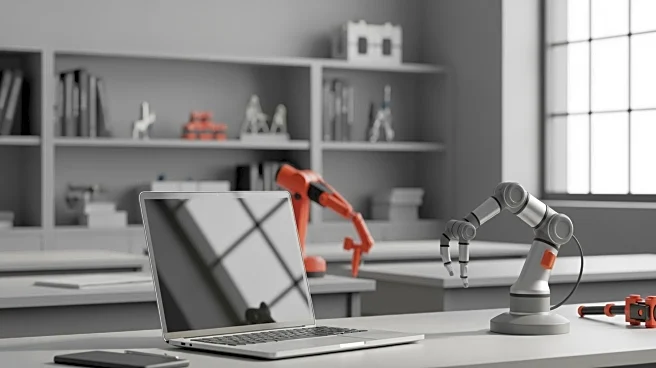What's Happening?
During a recent Tesla conference call for shareholders, Elon Musk made bold claims about the potential of Tesla's humanoid robot, Optimus. Musk suggested that Optimus could revolutionize healthcare by becoming an incredible surgeon, potentially eliminating
poverty by providing universal access to top-tier medical care. This statement has been met with skepticism, as critics argue that poverty is a complex social and political issue, not merely a technological one. Furthermore, the Optimus robot is not yet capable of performing surgeries and is projected to cost between $20,000 to $25,000, making it inaccessible to those in poverty.
Why It's Important?
Musk's comments highlight ongoing debates about the role of technology in addressing societal issues like poverty and healthcare access. While technology can offer innovative solutions, critics emphasize that systemic issues such as wealth inequality and political structures play a significant role in perpetuating poverty. The United States is currently experiencing a second Gilded Age, characterized by significant wealth disparities and corporate influence over politics. Musk's vision for Optimus raises questions about the feasibility of tech-driven solutions in addressing these deep-rooted issues.
What's Next?
The development and deployment of Optimus will be closely watched by industry experts and social commentators. As Tesla continues to innovate, stakeholders will assess whether such technologies can realistically contribute to solving complex social problems. Discussions around wealth inequality and corporate responsibility are likely to intensify, with calls for more comprehensive approaches to poverty alleviation that go beyond technological advancements.
Beyond the Headlines
Musk's statements also touch on ethical considerations regarding the use of robots in healthcare and their potential impact on employment in the medical field. The integration of AI and robotics in surgery could lead to significant shifts in healthcare delivery, raising questions about the future role of human surgeons and the ethical implications of relying on machines for critical medical procedures.















